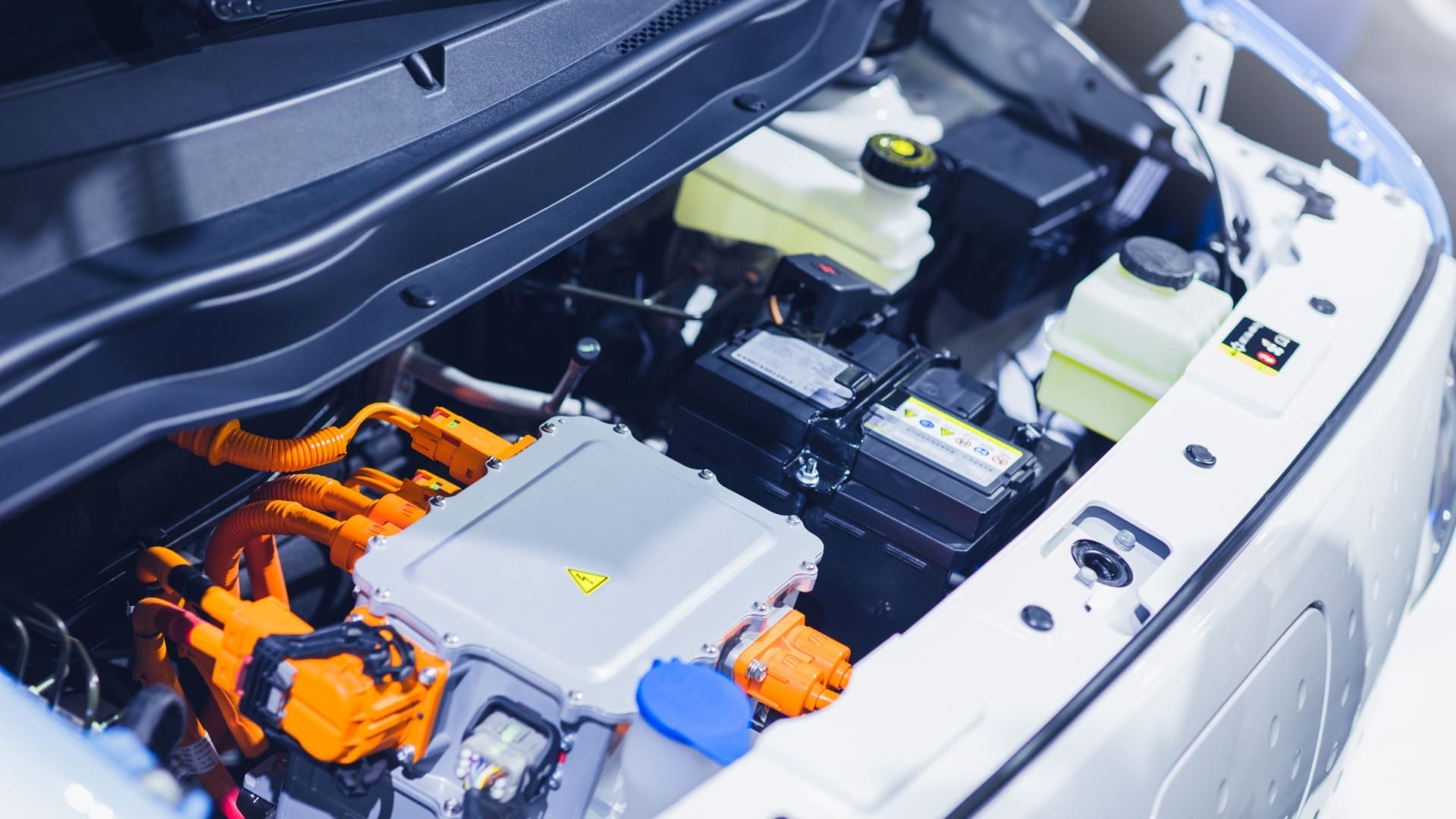GM partners with Redwood Materials to recycle EV battery scrap
GM teams up with Redwood Materials to recycle EV battery scrap from two facilities, promoting sustainable battery production and waste reduction.

General Motors will recycle the scrap from its electric vehicle (EV) battery production, thanks to a new partnership with Redwood Materials, a company founded by Tesla co-founder JB Straubel. This collaboration will see Redwood handle all the battery scrap from GM’s Warren, Ohio, and Spring Hill, Tennessee, manufacturing facilities.
Table Of Content
Redwood Materials takes on GM’s battery scrap
Redwood Materials, established by Tesla’s former chief technology officer, JB Straubel, is set to manage 100% of the scrap from GM’s facilities. This agreement is particularly focused on Ultium Cells LLC, a joint venture between GM and South Korea’s LG Energy Solution. LG Energy Solution is a major supplier of lithium-ion batteries to car manufacturers like Audi, Mercedes-Benz, and GM itself.
Redwood will process cathode and anode materials, crucial components in lithium-ion batteries. It will recycle these materials into high-quality battery components, which it can then sell back to its partners to create new EV batteries. This recycling process helps reduce waste and supports the creation of a circular economy in the battery industry.
Significant strides in EV battery recycling
Ultium Cells LLC, GM and LG’s joint venture, has already started sending materials to Redwood’s main facility in Nevada. The partnership aims to produce 80 GWh of battery cells each year from its two plants. Additionally, a third plant is currently under construction in Michigan.
Despite advances in manufacturing, even the most efficient battery producers generate scrap at a rate of 5–10%. For Ultium Cells LLC, this results in truckloads of scrap material each day, amounting to over 10,000 tonnes annually. Redwood Materials is equipped to recycle all this scrap, demonstrating its capacity and commitment to supporting sustainable battery production.
Redwood Materials, founded in 2017, not only handles GM’s battery scrap but also recycles batteries from a wide range of companies, including Tesla, Ford, Toyota, Nissan, Specialised, Amazon, Lyft, and Rad Power Bikes. The company produces anodes and cathodes at its South Carolina facility, further integrating recycled materials back into the production process.
The future of battery recycling
As the first generation of electric vehicles, such as the Nissan Leaf and Tesla Model S, reach the end of their lifespans, the need for effective recycling solutions becomes even more crucial. Redwood Materials has developed a chemical recycling process that extracts and refines essential elements like nickel, cobalt, and copper from used batteries. Remarkably, about 95% of key battery metals can be recovered and reintegrated into new batteries, significantly reducing the environmental impact of battery production.
This partnership between GM and Redwood Materials marks a significant step towards sustainable battery manufacturing. By recycling scrap materials and reintegrating them into the production cycle, they are not only reducing waste but also ensuring a more sustainable future for the EV industry.
















